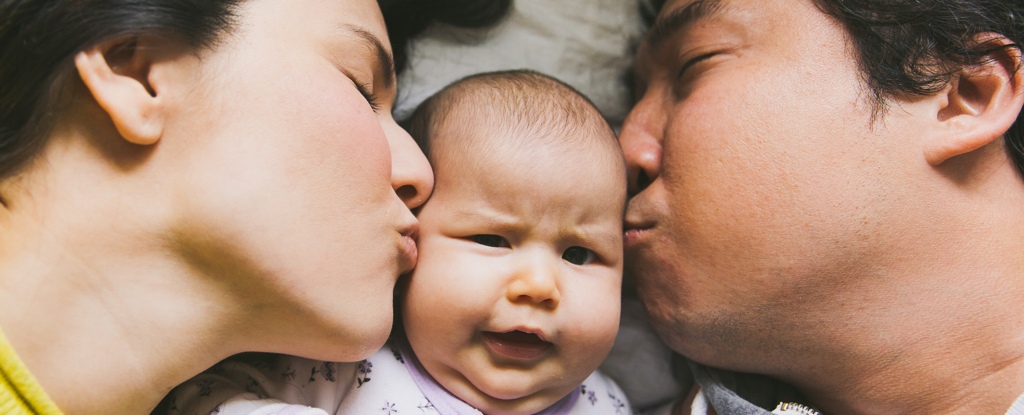ARTICLE AD
I’m a loud proponent for accessibility in tech, though, sadly, I don’t get to celebrate it often. This week, the U.S. Federal Communications Commission delivered a rare win by mandating that all mobile phones be hearing aid compatible.
The new mandate, announced Thursday, also discouraged phone manufacturers from incorporating proprietary Bluetooth standards on their products as that could potentially complicate the process of connecting to hearing aids. Instead, it established a new Bluetooth pairing requirement that should facilitate a simpler and more universal connectivity between smartphones and hearing aids. The idea is to ensure that folks with hearing loss are not limited in the phones they can opt for.
The FCC also required smartphone manufacturers to ensure their devices are meeting the volume control benchmarks, so users can crank up their smartphones’ volume without having their content suffer from distortion. Turning the volume up on a device often reveals its weakness and takes away crispness and detail, so I’m happy there’s finally a check for this measure; this specific requirement will also benefit people without hearing loss.
The mandate demands a revision of smartphones’ labeling and website product info to include details that could help people with hearing issues make an informed purchasing decision. These details include whether a product is hearing aid compatible, if it meets the new Bluetooth pairing requirements, and whether its volume can be tweaked without compromising on audio quality.
According to an FCC fact sheet, the transition period to adapt to the new mandate is 24 months for smartphone manufacturers, 30 months for nationwide service providers, and 42 months for non-nationwide providers. It adds that it will ensure non-compatible devices are no longer selling when the transition period ends. Until the end of the respective periods, manufacturers can continue selling products that fall under older certification standards.
Apple announced a hearing aids functionality for the AirPods Pro 2 in June 2024, the most recent big move for accessibility in the industry. The U.S. Food and Drug Administration quickly approved the feature, paving the way for an over-the-counter hearing aids option.

 1 month ago
10
1 month ago
10 

